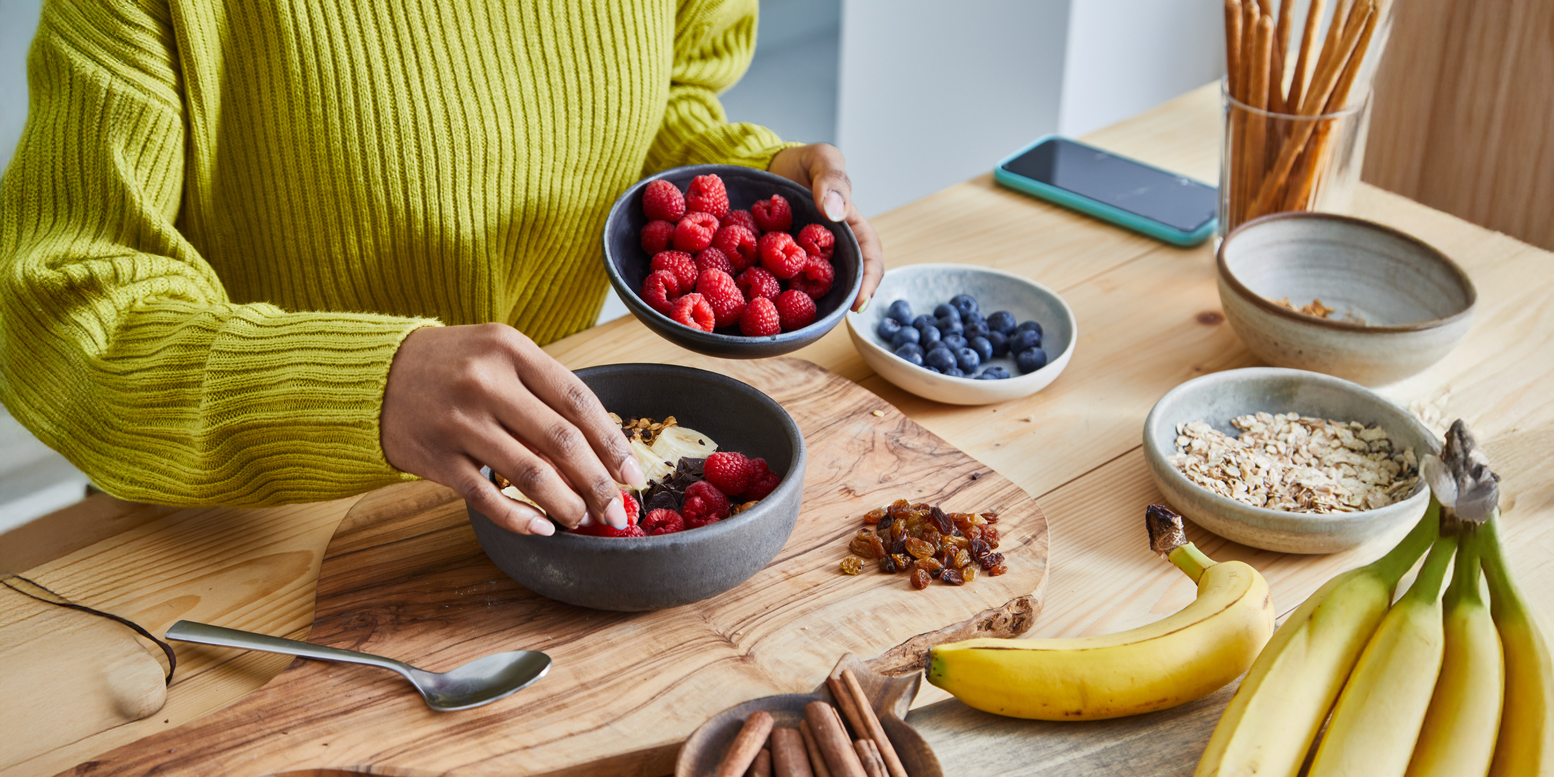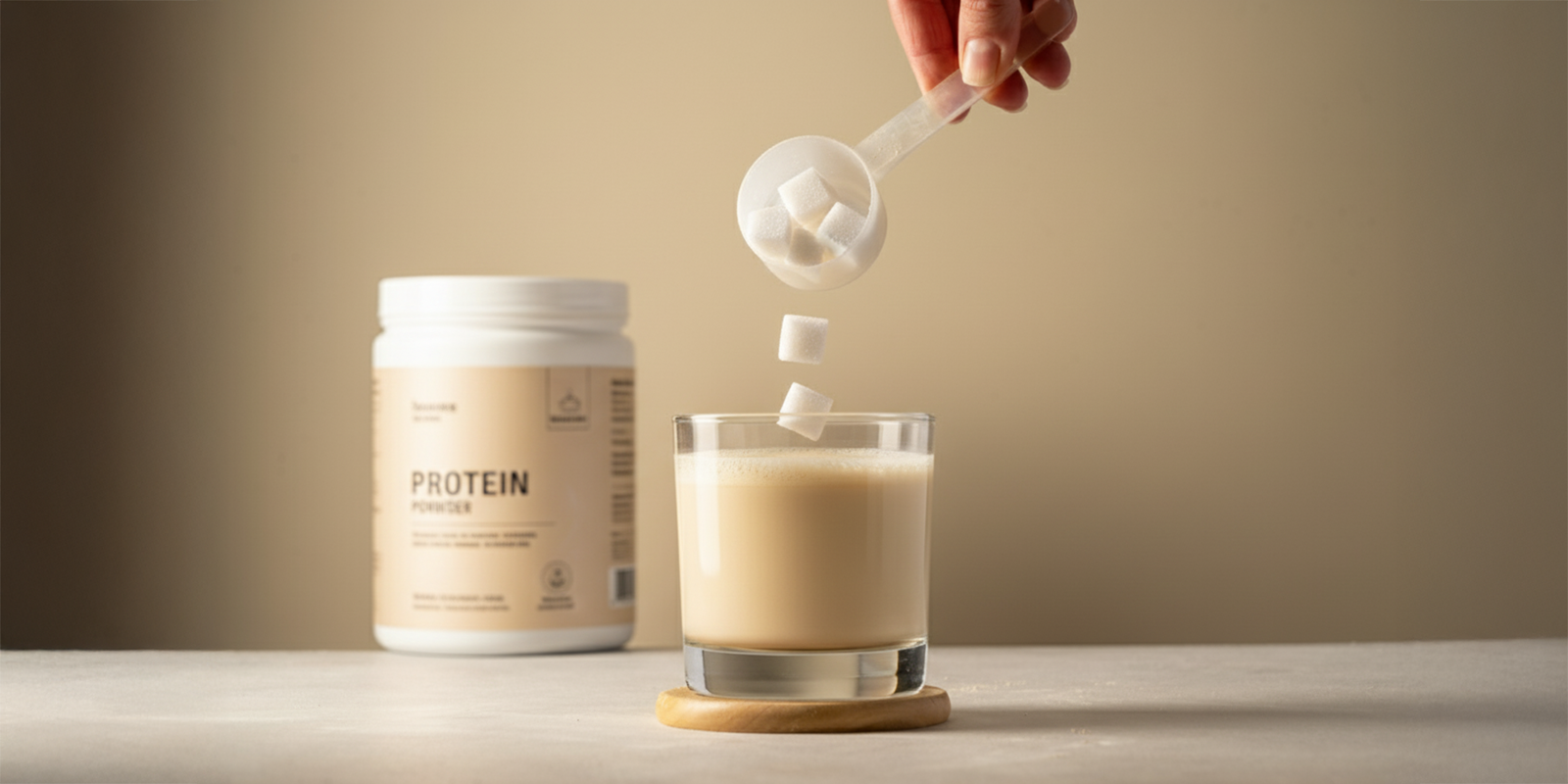Got bugs? The answer is a resounding – yes! In fact, you have millions of them – in your gut, that is. The amount of bacteria you have in your gut is even greater than the number of cells in your body. And while bacteria get a bad rap, most of the ones in your gut are good for you.
The gut microbiome and how it affects overall health and wellbeing is a hot topic as of late. The research continues to evolve and the information emerging from the medical community is promising. Believe it or not, the digestive system relies on gut bacteria and gut flora to function properly. With unhealthy gut bacteria you could be looking at a host of health issues including Irritable Bowel Syndrome (IBS), mood disorders including anxiety and depression, skin conditions, autoimmune conditions, food intolerances, hormone imbalances, the list goes on.
Gut Health and Immune Function
Since the need for a healthy immune system is at an all time high, taking steps to maximize your immune function is key. Turns out the composition of gut bacteria changes in different diseases. A huge portion of your immune system is located in your GI tract. And since gut bacteria may be different when you’re sick, determining whether or not it’s for the better continues to be studied. For now, ensuring you have plenty of good bacteria taking up residence in your digestive system is important.
The Gut Brain Connection
Equally as interesting is the gut-brain connection that has recently garnered more attention. Several studies have linked gut dysbiosis (bacterial imbalance in the gut) and gut inflammationwith several mental illnesses including depression and anxiety. Where does the connection exist you ask? The intestinal tract is lined with 100 million nerve cells that act as “a brain” controlling all parts of digestion. Plus, brain hormones including serotonin are also found in the gut. This is so intriguing that scientists have been conducting research to determine the connection between good gut bacteria and bad gut bacteria and the impact on emotional reactions, anxiety and depression. Studies have shown that good gut bacteria or the absence of bad ones can help us handle stressful situations and trauma more calmly. On the other hand, stress can impact gut health. That means finding ways to reduce stress help us have a calmer brain when stress does arise.
6 Signs Your Gut Might Need Some Attention
- Upset Stomach – Got stomach issues? Common symptoms including gas, bloating, constipation, diarrhea, and heartburn are commonly related to an unhealthy gut microbiome.
- Sleep Disturbances – serotonin (produced in the gut) plays a role in quality sleep. So if your gut microbiome is off, you may experience poor sleep, or worse insomnia.
- Unintentional Weight Changes – if you’ve gained or lost weight recently without changing your diet or trying, it may be due to bad gut bacteria. An unhealthy digestive system can contribute to weight gain, uncontrolled blood sugar, and make it harder for your body to absorb nutrients.
- Skin Irritation – skin conditions such as eczema may be related to an unhealthy gut.
- Food Intolerances – bad gut bacteria can cause you to have a hard time digesting certain foods - also known as food intolerances.
- Autoimmune Conditions – the medical community continues to find evidence that an unhealthy gut environment may hinder proper immune system function.
6 Ways to Improve Gut Health Naturally
- Reduce Stress – since chronic stress can put a damper on your digestive system, finding ways to relax and unwind will help keep your gut happy.
- Take a Probiotic – probiotics are healthy strains of gut bacteria that work towards improving gut health and overall wellbeing.
- Change your Diet – highly processed, high sugar foods can reduce the amount of good bacteria in the gut. Find ways to replace these foods with healthier options.
- Incorporate Fermented Foods Regularly – fermented foods including kimchi, sauerkraut, yogurt, miso, kefir and tempeh are excellent sources of probiotics.
- Get Adequate Sleep – focusing on getting better sleep contributes to a healthier gut microbiome, which can in turn contribute to more quality sleep.
- Drink Water – hydration is important for keeping the mucosal lining of the intestines moist and functioning optimally.
Try this!
Healthy Gut Smoothie Recipe:
Makes 1 serving
Ingredients:
Directions:
Add all ingredients to a blender. Blend until smooth. Enjoy!















